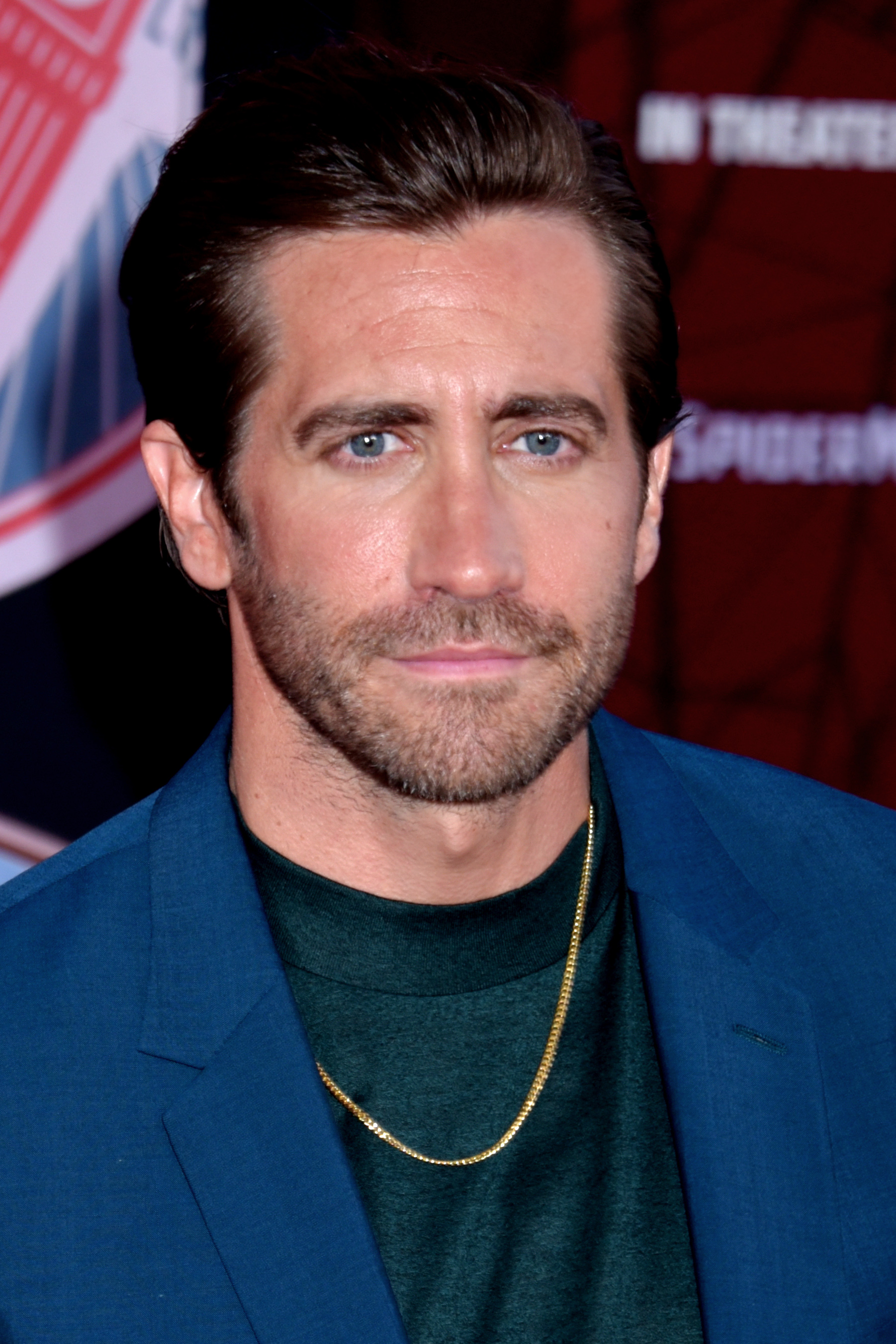Ice Cube
Explore the timeline of Ice Cube, the influential rapper, actor, and filmmaker. From his early days with N.W.A to his successful solo career and ventures in Hollywood, learn about the milestones and achievements that define his legacy.
Birth of Ice Cube
Ice Cube, born O'Shea Jackson Sr., was born on June 15, 1969, in Los Angeles, California. He grew up in the South Central area of the city, where he experienced firsthand the challenges and adversities that would later inform his music and artistic endeavors. Ice Cube would go on to become one of the most influential figures in hip-hop, known for his sharp lyrical abilities and his role as a founding member of the pioneering rap group N.W.A.
Forming the Group C.I.A.
In 1986, while in high school, Ice Cube formed the group C.I.A. with his friend Sir Jinx. The group performed at parties hosted by Dr. Dre, another aspiring musician at the time. Through these performances, Ice Cube's talent caught the attention of Dr. Dre, setting the stage for his future collaborations and eventual entry into the music industry. This was a significant moment, as it marked the beginning of his professional music career.
Release of N.W.A's 'Straight Outta Compton'
On August 8, 1988, N.W.A released their groundbreaking album 'Straight Outta Compton'. Ice Cube was a prominent member of the group, contributing significantly to the album's lyrics. The album is credited with revolutionizing hip-hop and bringing gangsta rap to the forefront. It depicted the harsh realities of life in South Central Los Angeles. 'Straight Outta Compton' became a defining record for the genre and demonstrated Ice Cube's powerful lyrical abilities.
Departure from N.W.A.
In December 1989, Ice Cube left N.W.A. due to financial disputes with the group's manager Jerry Heller. Despite the group's success, Ice Cube felt he was not being properly compensated for his contributions. His departure marked a pivotal moment in his career, as he chose to pursue a solo path. This decision allowed him to assert more creative control and explore themes and ideas that would establish him as a prominent solo artist.
Release of 'AmeriKKKa's Most Wanted'
Ice Cube released his debut solo album 'AmeriKKKa's Most Wanted' on May 16, 1990. The album was a commercial success and received critical acclaim. It was noted for its bold, socially conscious lyrics and production. The album's content addressed racial and political issues in America, solidifying Ice Cube's position as a powerful voice in hip-hop. Its success demonstrated his ability to stand as an independent artist without the support of a major group.
Release of 'Death Certificate'
On October 29, 1991, Ice Cube released his second studio album, 'Death Certificate'. The album was controversial for its brutally honest and often provocative lyrics that addressed racial tensions and social issues. It further established Ice Cube as a significant figure in political and gangsta rap. The album is divided into two sides, with one focusing on pessimism and anger and the other offering solutions, reflecting Ice Cube's growth and evolving perspective.
Debut Film Role in 'Boyz n the Hood'
Ice Cube made his acting debut in the critically acclaimed film 'Boyz n the Hood', released on July 31, 1991. Directed by John Singleton, the film depicted the lives of African-American teenagers in South Central Los Angeles. Ice Cube played Doughboy, a role that showcased his acting chops and marked his transition into film. His performance was praised for its authenticity and intensity, opening up new opportunities for him in Hollywood.
Release of Friday
In 1995, Ice Cube co-wrote and starred in the comedy film 'Friday'. Released on January 6, the film became a cult classic, beloved for its humor and portrayal of life in a South Central Los Angeles neighborhood. Ice Cube played the role of Craig Jones, who experiences a series of comedic events on a Friday. The film was a departure from his previous work, showcasing his versatility as an entertainer. 'Friday' also spawned a successful franchise.
Founding of Westside Connection
In 1998, Ice Cube formed the supergroup Westside Connection with fellow rappers Mack 10 and WC. The group was created to represent the West Coast hip-hop scene. Their debut album 'Bow Down' was released on July 10, 1998, and was a commercial success. The album showcased West Coast style and addressed tensions within the hip-hop community, solidifying Ice Cube's status as a leader in the genre and revitalizing West Coast hip-hop.
Release of 'War & Peace Vol. 2 (The Peace Disc)'
On November 21, 2000, Ice Cube released 'War & Peace Vol. 2 (The Peace Disc)', the second part of his double album project. The albums showcased Ice Cube's range, with this installment focusing more on introspective and socially conscious themes. The project received positive reviews and contributed to his legacy as an artist unafraid to address complex issues and express diverse perspectives within his music, cementing his influence within the industry.
Involvement in 'Are We There Yet?'
In 2005, Ice Cube starred in the family comedy film 'Are We There Yet?', released on June 1. The film portrayed Ice Cube as Nick Persons, a man who tries to win over his girlfriend's children during a road trip adventure. The film was a box office success and demonstrated Ice Cube's ability to appeal to a broader audience. It also marked the beginning of Ice Cube's role in family-friendly entertainment, different from his earlier, intense narratives.
Release of 'Raw Footage'
Ice Cube released his eighth studio album, 'Raw Footage', on August 19, 2008. The album returned to the politically charged themes that characterized his earlier work. It was well-received and included powerful tracks addressing contemporary social and political issues. 'Raw Footage' reaffirmed Ice Cube's role as a sharp social commentator in hip-hop, illustrating his continued relevance and influence within the genre decades into his career.
Release of 'Straight Outta Compton' Film
On August 14, 2015, the film 'Straight Outta Compton' was released, chronicling the rise of N.W.A. Ice Cube, portrayed by his son O'Shea Jackson Jr., was one of the central figures of the story. He also served as a producer for the film. The movie was a commercial success and received critical acclaim. It brought renewed attention to the impact of N.W.A. and highlighted Ice Cube's enduring influence in music and film.
N.W.A Induction into the Rock and Roll Hall of Fame
In 2016, N.W.A, the legendary rap group Ice Cube helped found, was inducted into the Rock and Roll Hall of Fame. The induction ceremony took place on April 8, 2016. This recognition honored the group's revolutionary impact on the music world and their role in pioneering gangsta rap. Ice Cube's contributions as a member were instrumental, highlighting his influence not just in music but also in cultural dialogues.
Civil Engagement and Activism
Following the rise of social movements in 2020, Ice Cube became prominently involved in advocacy and activism, using his platform to call for racial justice and reform. On June 12, 2020, he unveiled the 'Contract with Black America', a document outlining measures to achieve economic and social equality for the Black community. His activism underscored his commitment to ongoing social issues and showcased his influence beyond music and film.
Frequently asked questions about Ice Cube
Discover commonly asked questions regarding Ice Cube. If there are any questions we may have overlooked, please let us know.
When did Ice Cube begin his music career?
What is Ice Cube's real name?
What are some of Ice Cube's major achievements in film?
When did Ice Cube release his first solo album?
Related timelines
More timelines connected to Ice Cube




